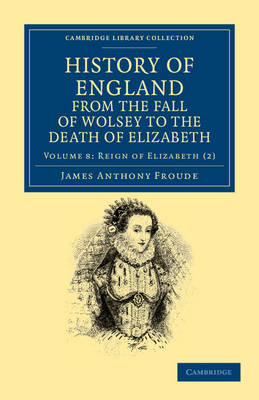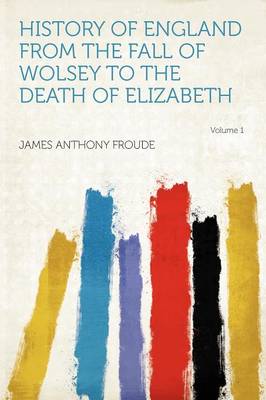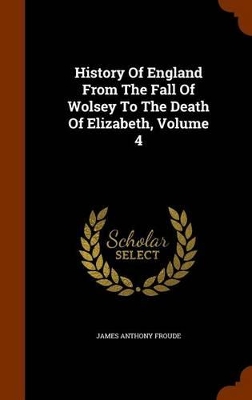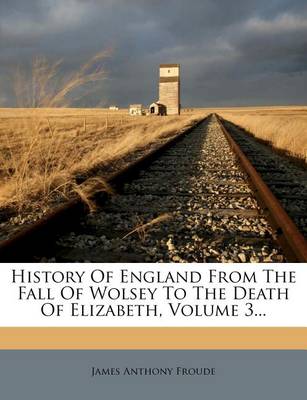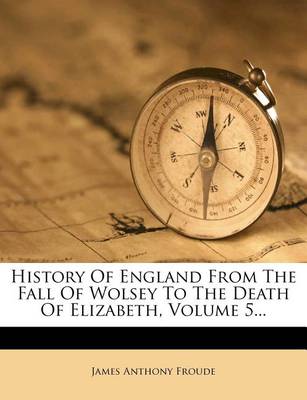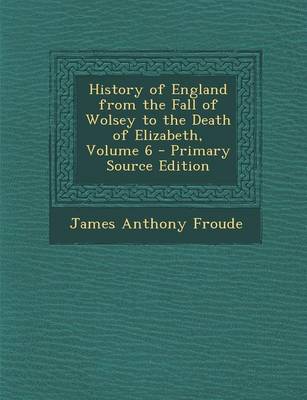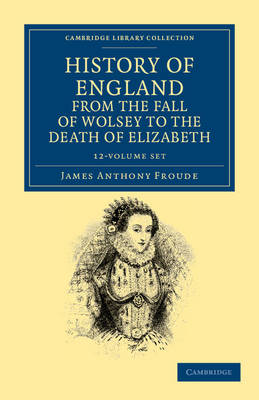Cambridge Library Collection - British and Irish History, 15th & 16th Centuries
4 primary works • 14 total works
Volume 8
History of England from the Fall of Wolsey to the Death of Elizabeth
by James Anthony Froude
Volume 9
Volume 10
Volume 12
History of England from the Fall of Wolsey to the Death of Elizabeth Volume 1
by James Anthony Froude
History of England from the Fall of Wolsey to the Death of Elizabeth, Volume 4
by James Anthony Froude
History of England from the Fall of Wolsey to the Death of Elizabeth, Volume 3...
by James Anthony Froude
History of England from the Fall of Wolsey to the Death of Elizabeth, Volume 5...
by James Anthony Froude
History of England from the Fall of Wolsey to the Death of Elizabeth, Volume 6
by James Anthony Froude
History of England from the Fall of Wolsey to the Death of Elizabeth: Volume 2
by James Anthony Froude
